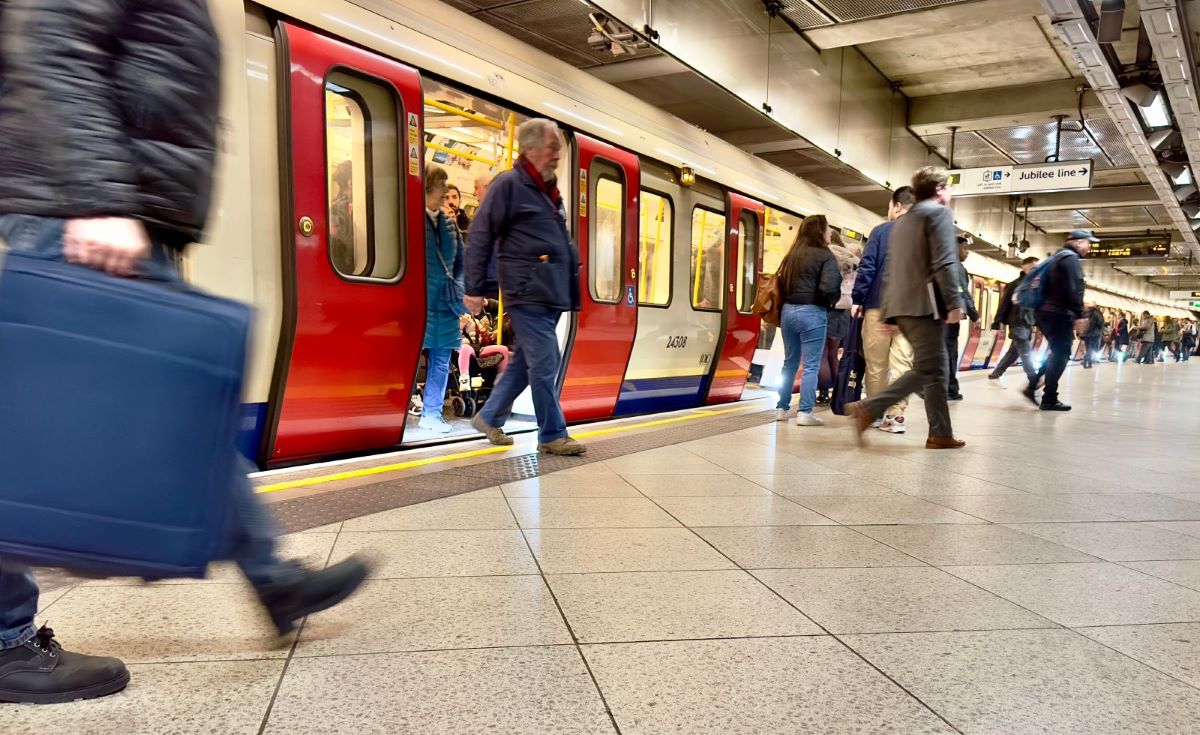For decades, the UK has sold off its public services to private companies, leaving ordinary Britons to pay more for worse service while a few profit handsomely.
1. Water: Higher Bills, Worse Service
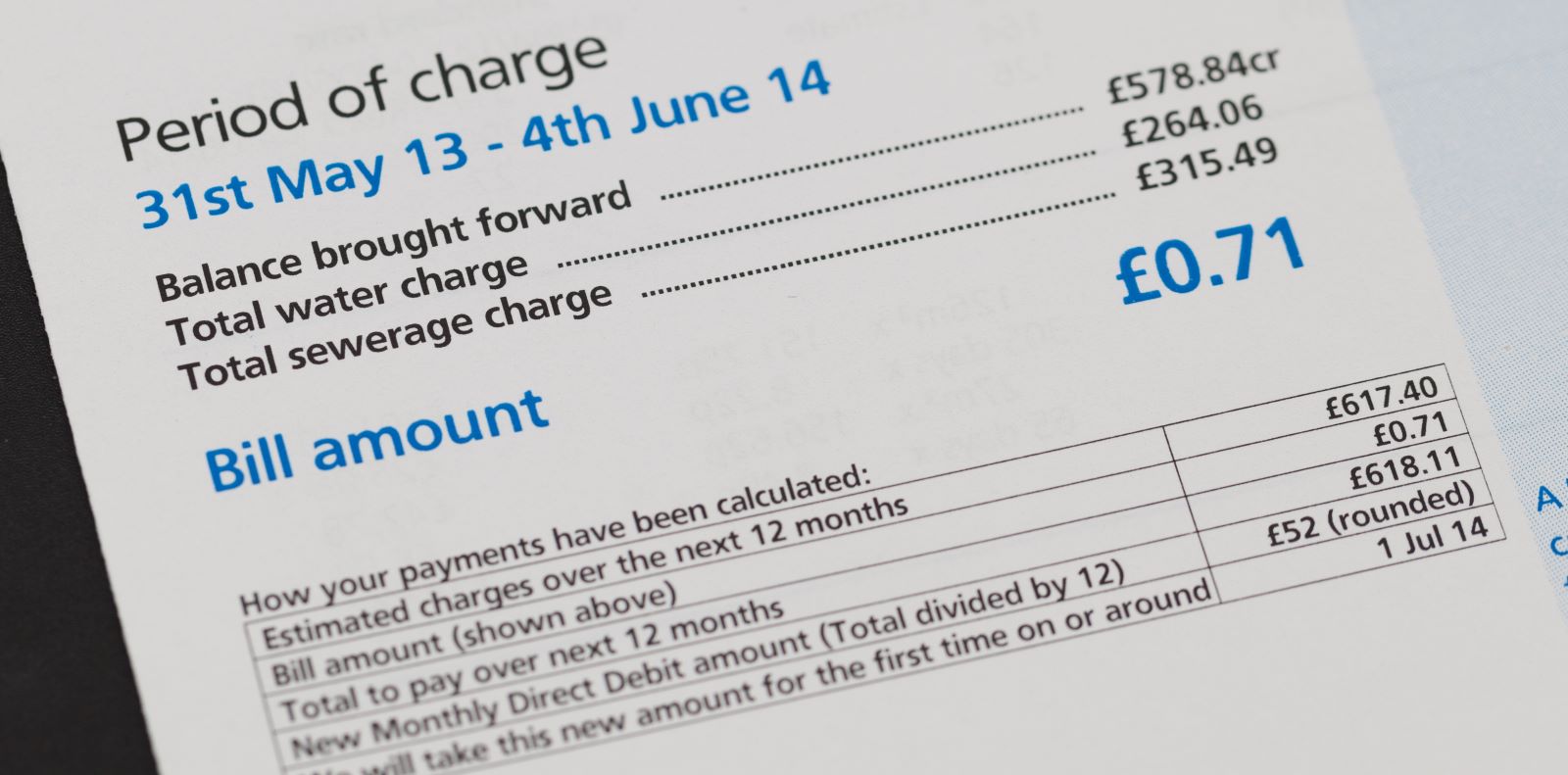
Since England privatised its water companies in 1989, bills have risen by 40% in real terms, while infrastructure has deteriorated. Shareholders pocketed £57 billion in dividends, but water quality and service have lagged. In contrast, Scotland’s publicly owned water service has kept bills lower and maintained better service standards.
2. Railways: Costly and Unreliable
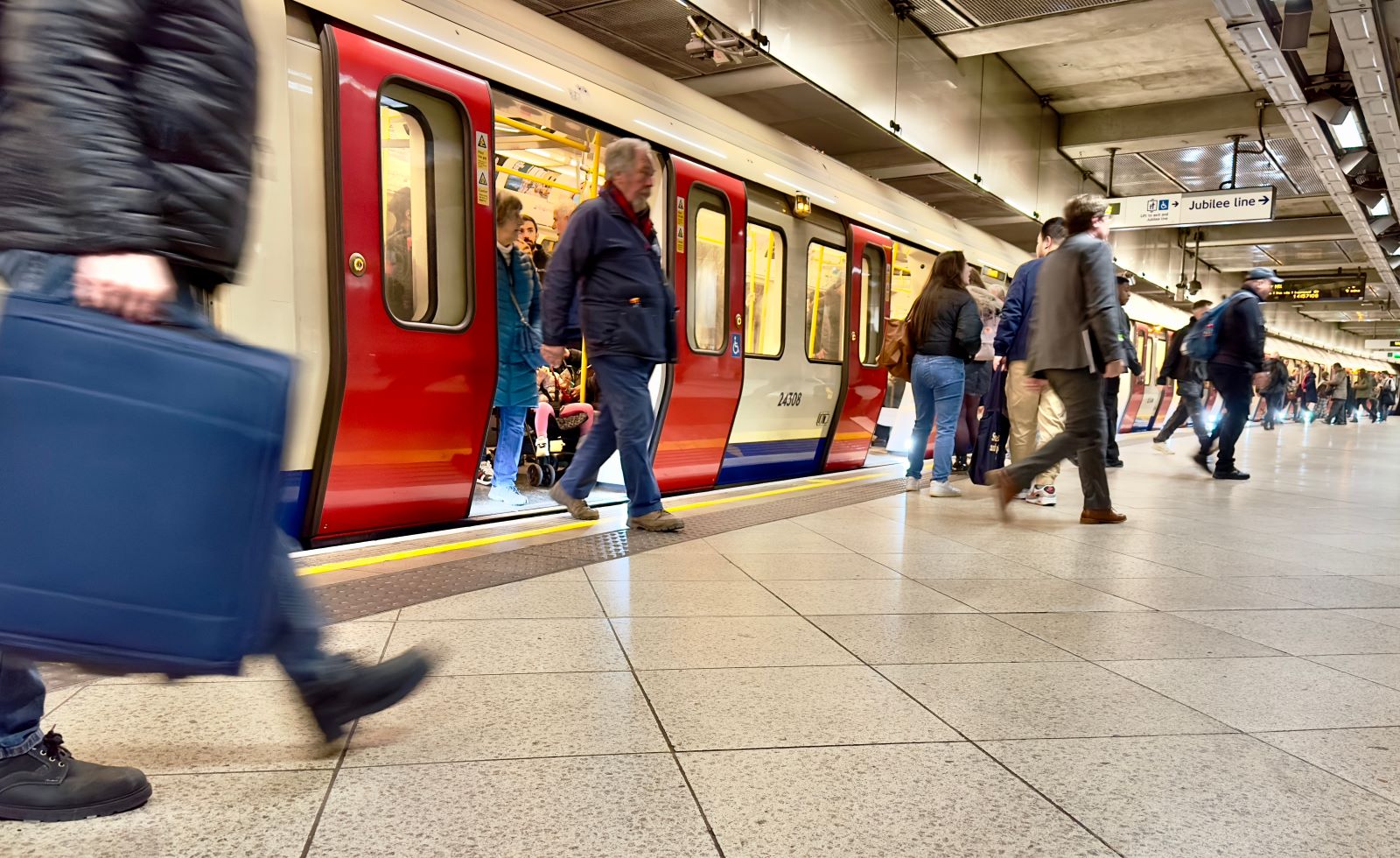
Britain’s railways have become a symbol of privatisation gone wrong. UK rail fares are now the highest in Europe, with some season tickets costing five times more than in countries like France and Germany. Even with massive government subsidies, private rail companies consistently underdeliver on service.
3. Airports: Fees Up, Quality Down
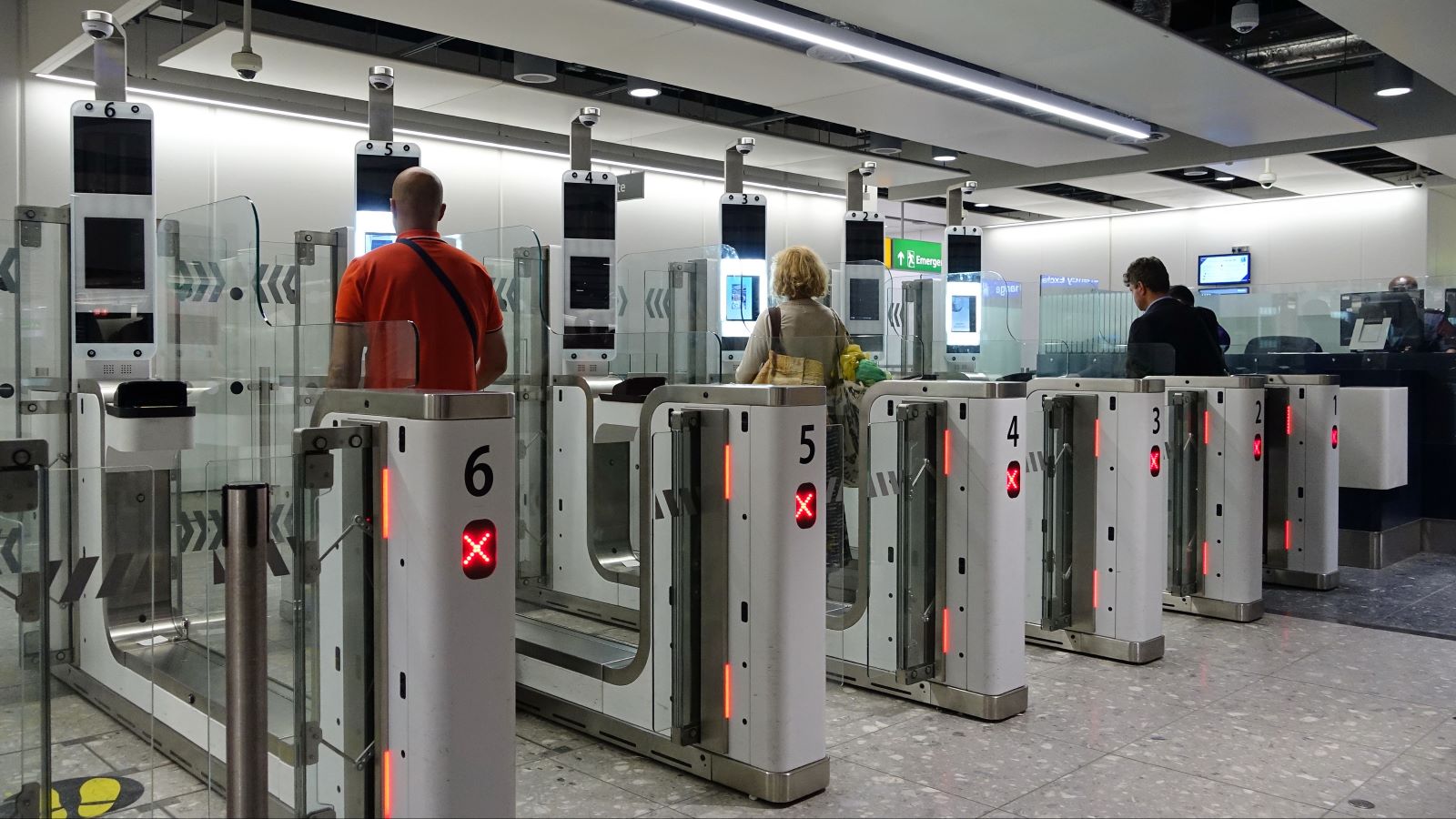
Heathrow and other major UK airports, now in private hands, have seen fees skyrocket for passengers and airlines, while investment in infrastructure has slowed. Zurich, with its publicly owned airport, manages to keep fees fair and maintain quality service, showing that privatisation isn’t always the answer.
4. Energy: Soaring Prices
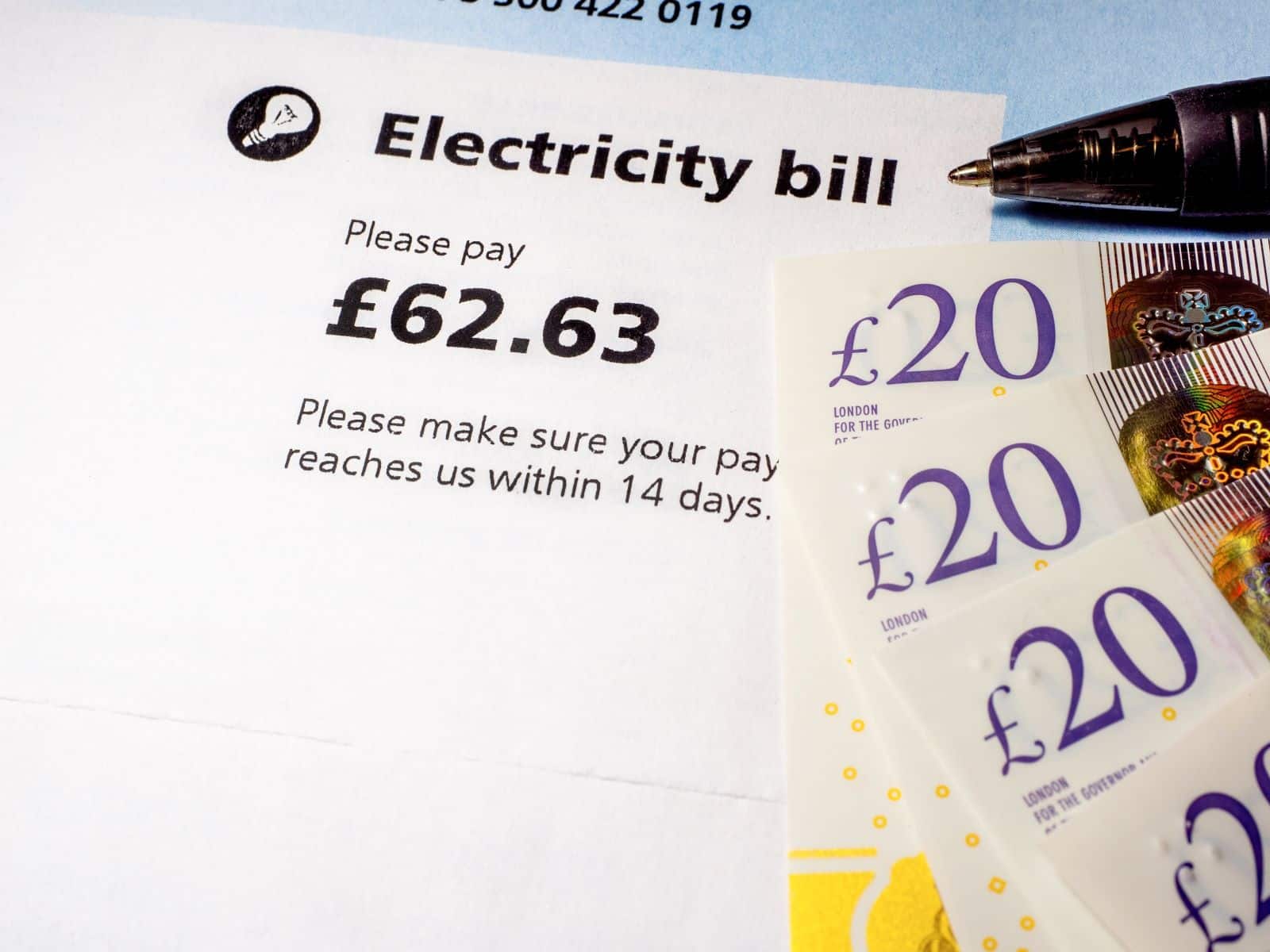
Since the UK privatised its energy sector in the 1980s, households have faced some of the highest bills in Europe. In 2023, the average energy bill hit £2,500 a year. France, which kept its energy sector under state control, has shielded its citizens from the worst price hikes by prioritising public welfare over private profits.
5. Baggage Handling: Disastrous Delays
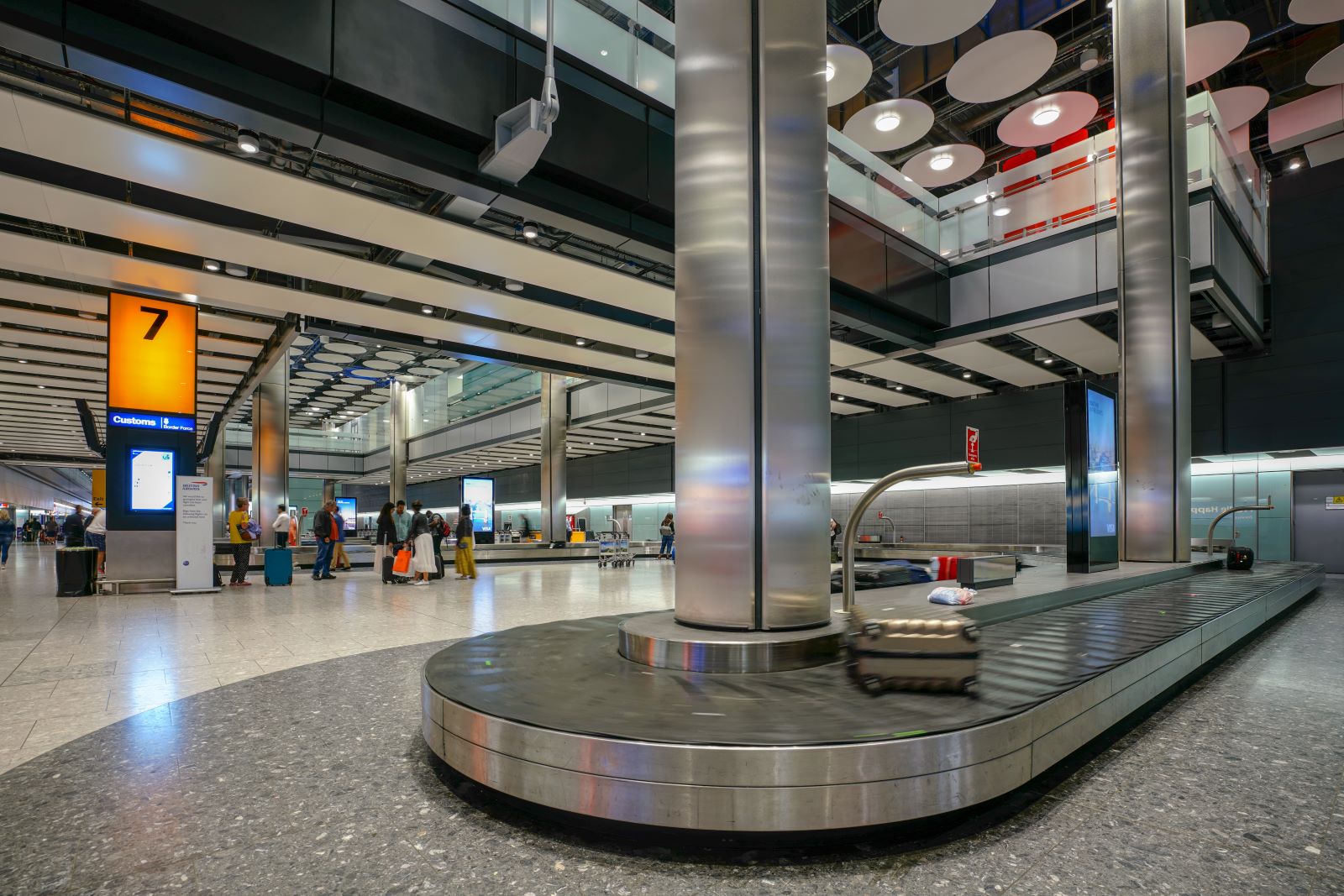
Privatised baggage handling at UK airports has led to chaos, with understaffing and poor management causing major disruptions. In 2022, passengers faced endless delays and lost luggage, a problem largely avoided in Germany, where state-run airport services prioritise efficiency and service.
6. Royal Mail: Profits Over Service
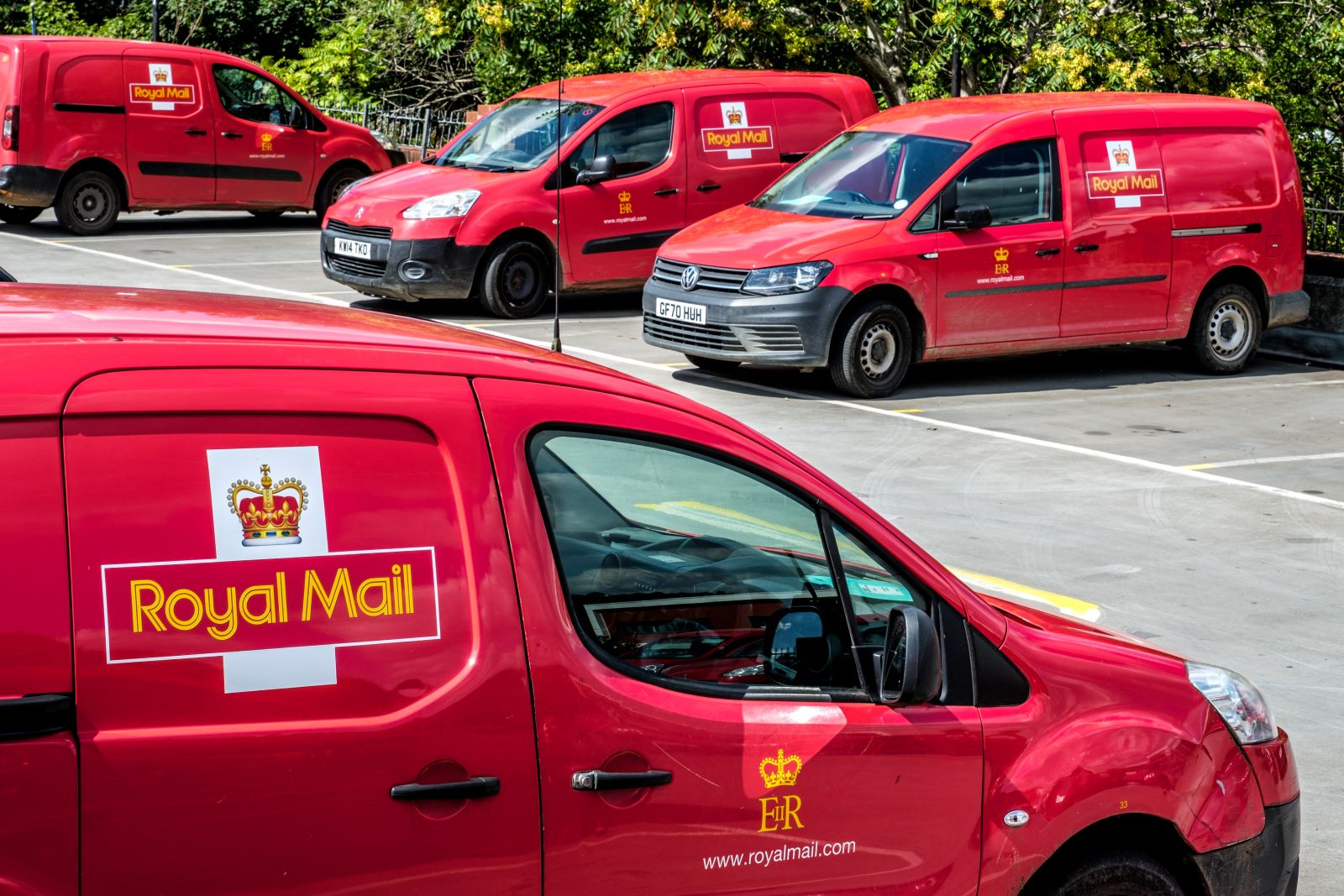
Since its privatisation in 2013, Royal Mail has seen postage prices soar by over 60%, while service has declined. In contrast, France’s state-run La Poste continues to deliver better service at a lower cost, proving that public ownership can still meet the needs of citizens without focusing solely on profits.
7. Public Land: Sold for Short-Term Gain
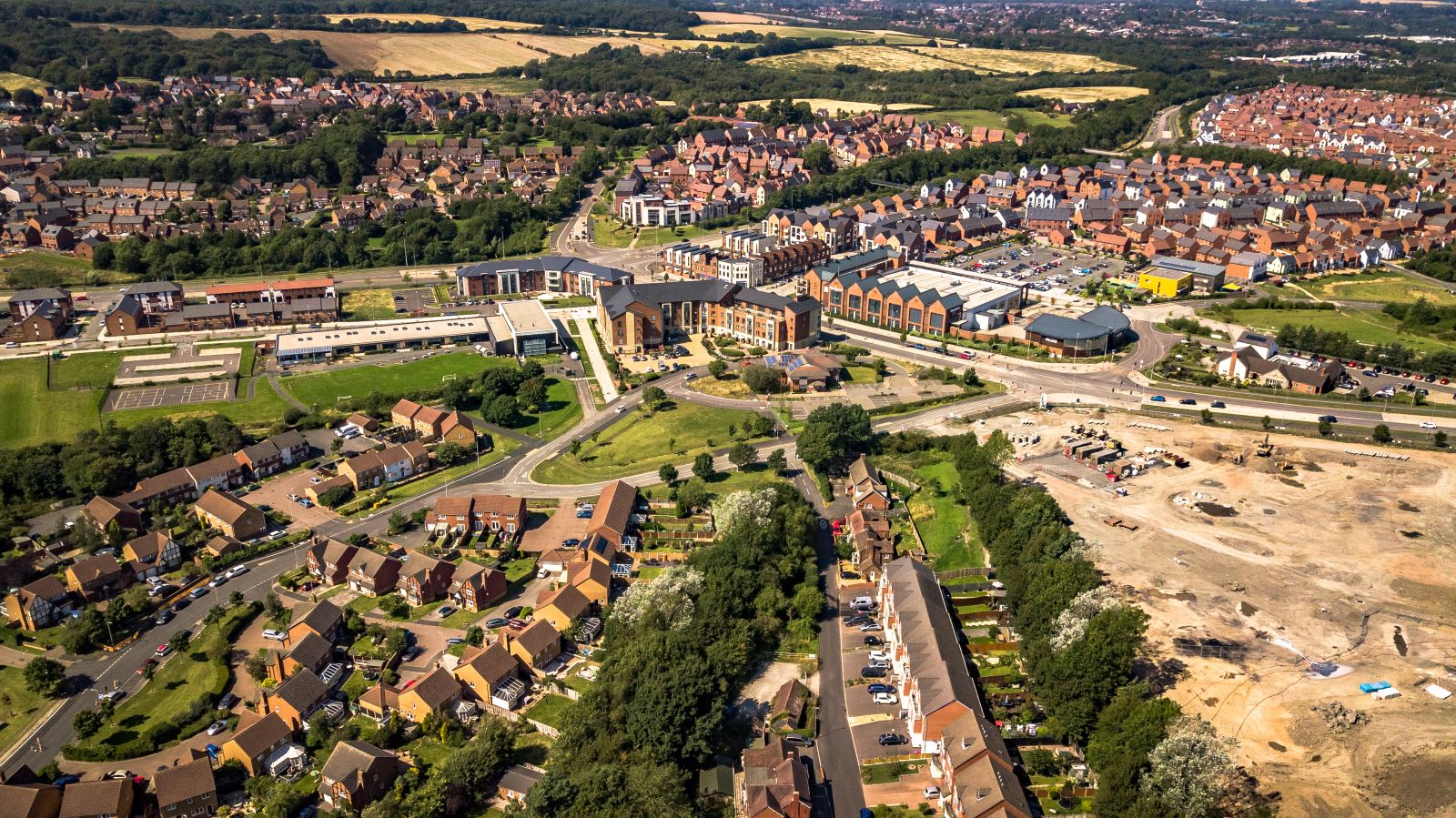
The UK has sold off more than £9 billion worth of public land over the past decade, often to private developers who build luxury housing. Meanwhile, cities like Vienna have kept public land, using it to build affordable homes and stabilise housing costs. The UK’s short-term sell-off has left us with a deepening housing crisis.
8. Buses: Expensive and Fragmented
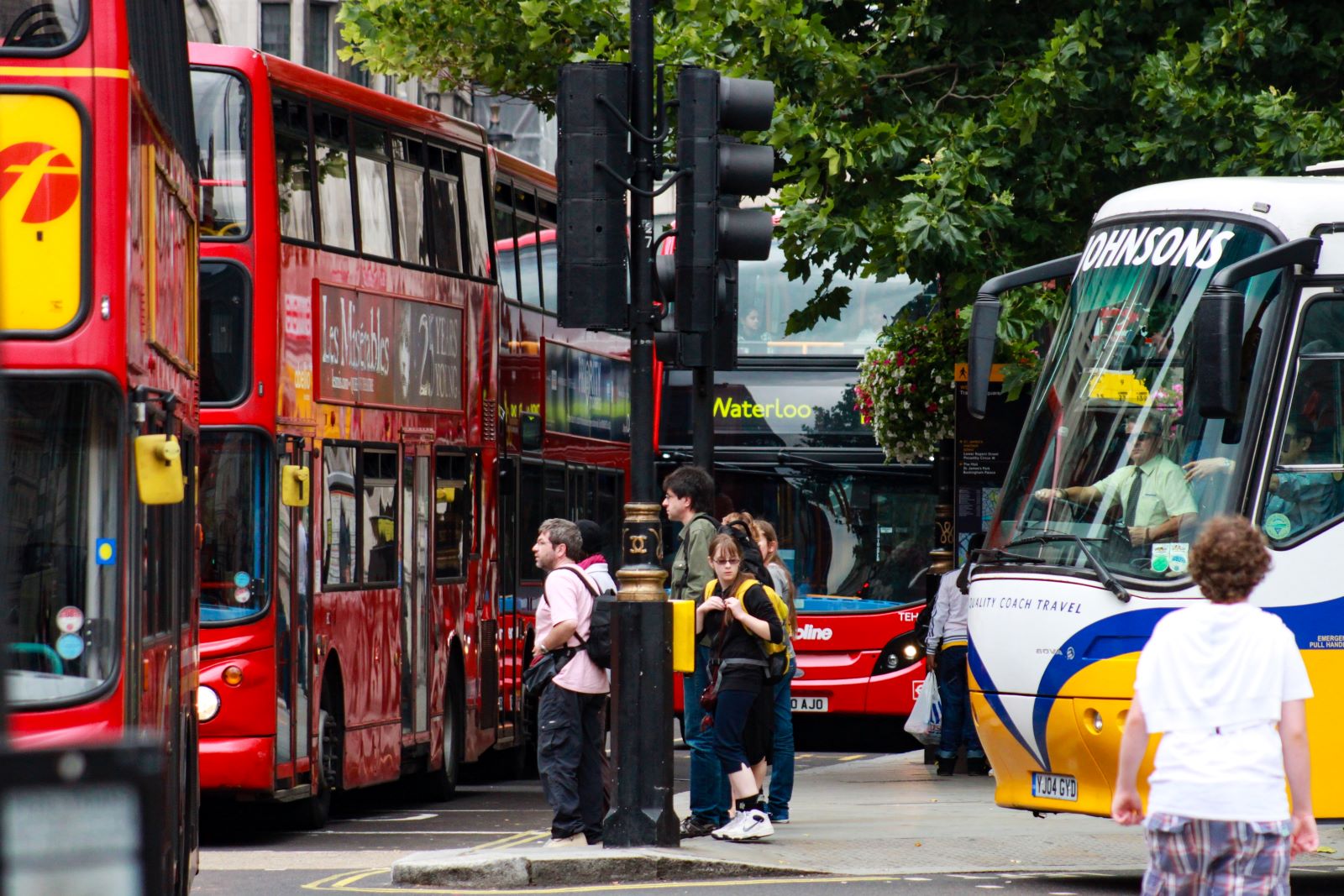
Outside London, privatised bus services are fragmented, expensive, and unreliable. Fares have jumped by 30% since the early 2000s, and routes have been cut across the country. In cities like Berlin, publicly owned bus networks still provide affordable and reliable services, showing the benefits of keeping transport in public hands.
9. NHS Outsourcing: Care Compromised
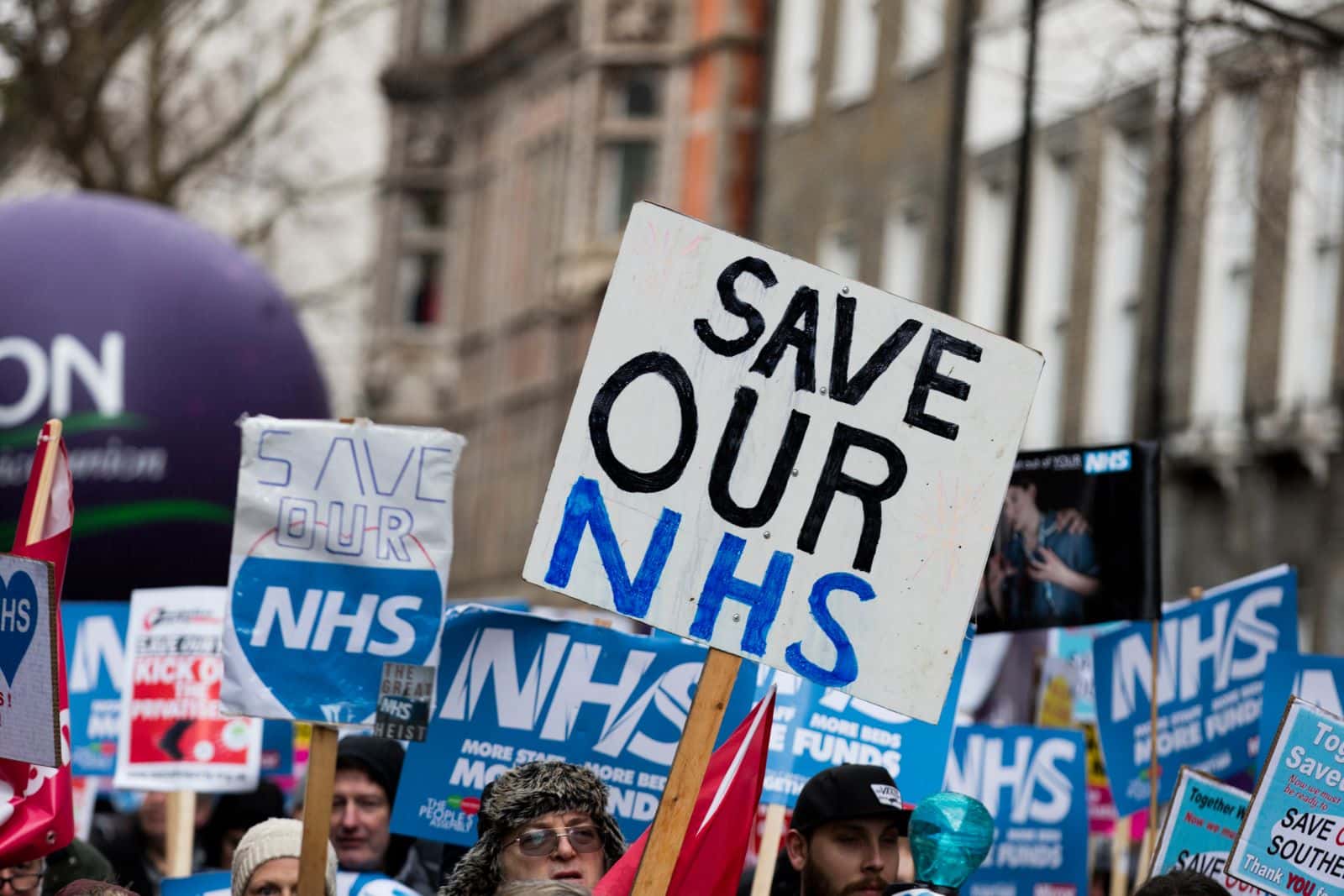
Privatisation within the NHS has led to higher costs and poorer patient outcomes. A 2023 report by the British Medical Association revealed that outsourced services like diagnostics and elective surgeries often perform worse and cost more than those managed within the NHS itself. The move towards privatisation has eroded the core mission of the NHS—providing free and quality care to all.
10. Prisons: Cutting Costs, Cutting Corners
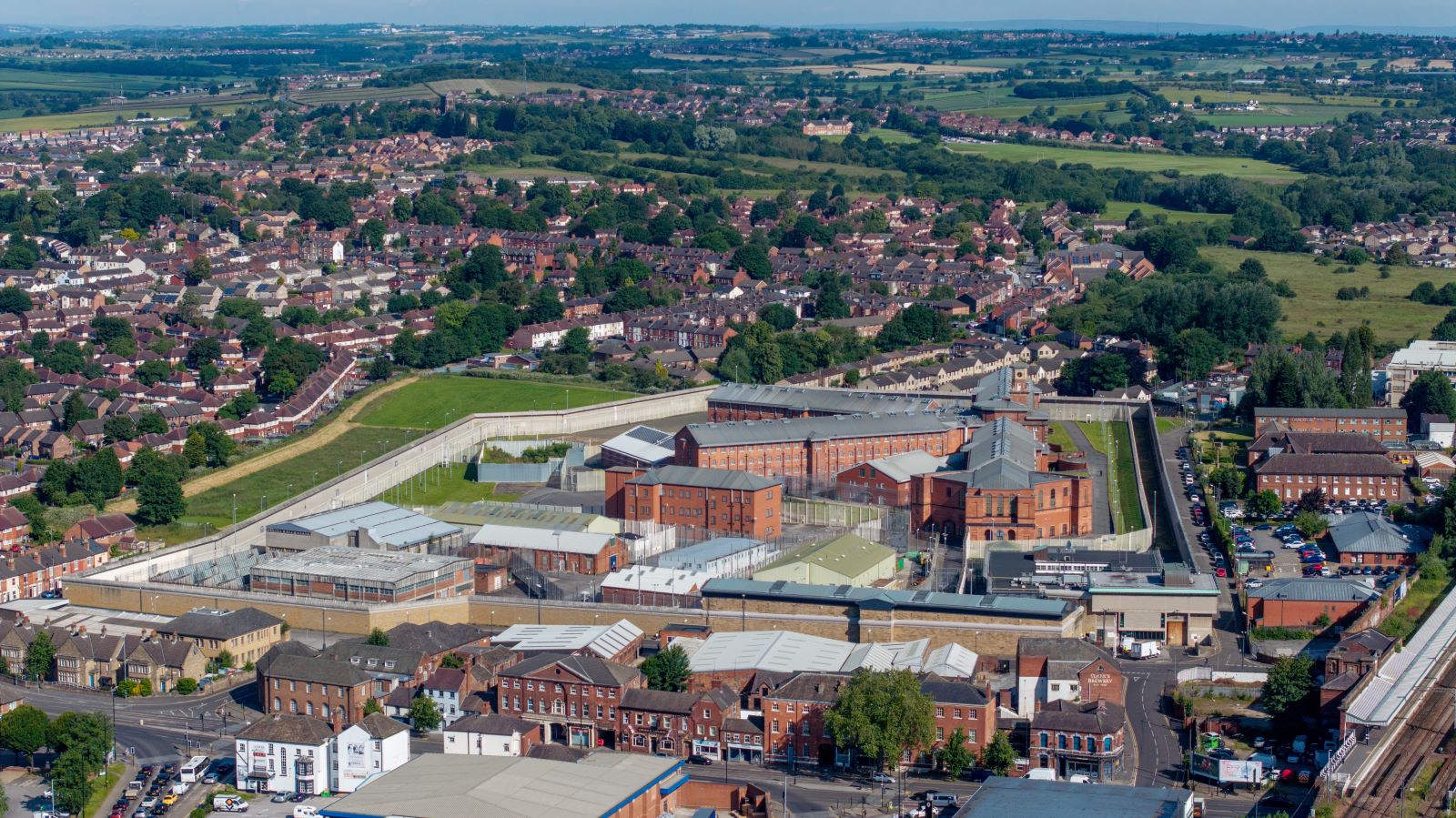
Privatised prisons in the UK have been criticised for their poor conditions and high reoffending rates. Private operators focus on cutting costs, often at the expense of safety and rehabilitation. Norway, by keeping its prisons publicly managed, has focused on rehabilitation and achieved much better outcomes for both inmates and society.
11. Hospitals: Cleaning Cuts Cost Lives
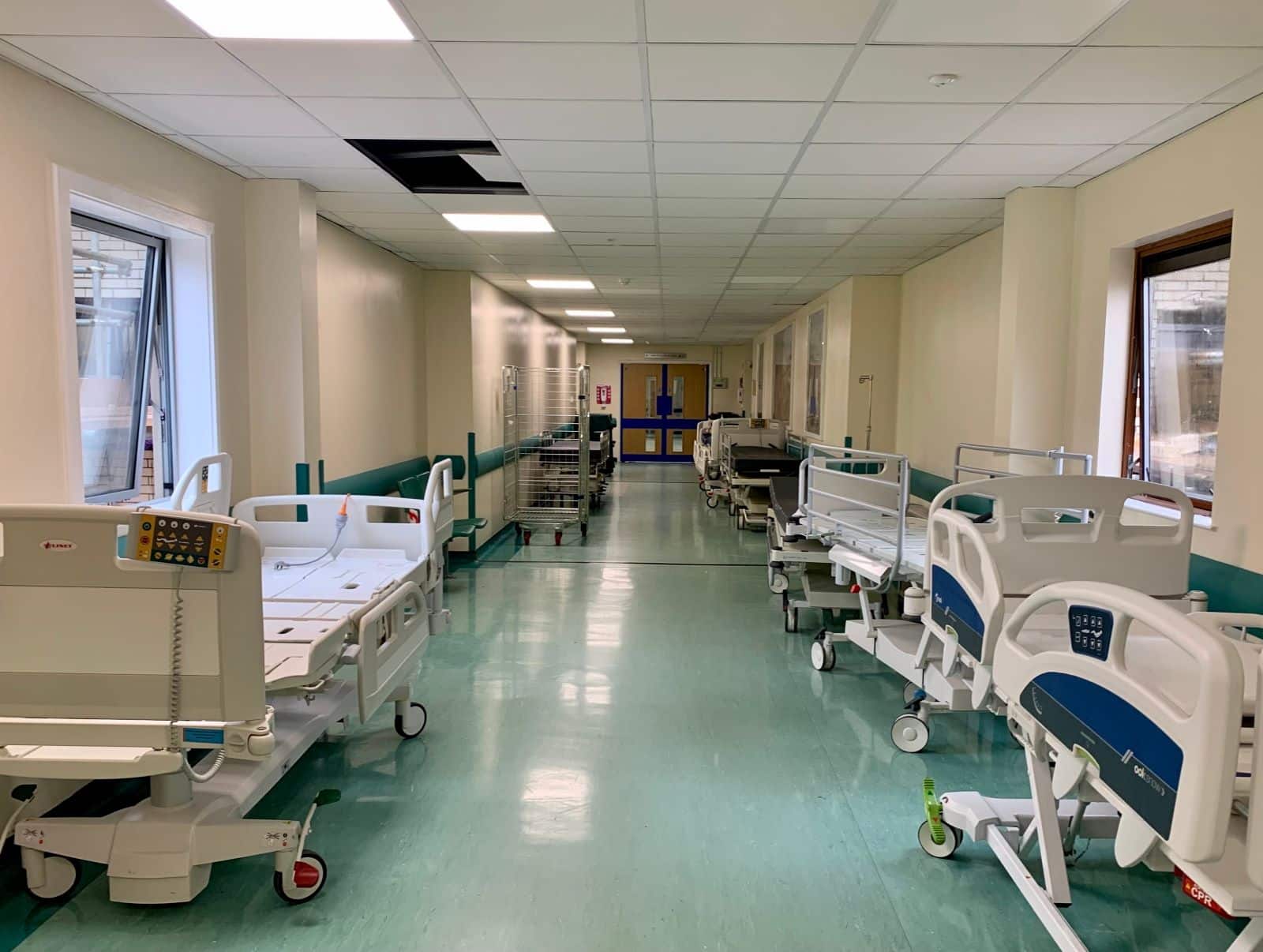
Outsourcing hospital cleaning services has led to an increase in infections like MRSA. A study by the London School of Hygiene and Tropical Medicine found that hospitals using private cleaning contractors had higher infection rates than those with in-house cleaning services. Cost-cutting measures have come at the expense of patient safety.
12. Roads: Potholes and Poor Maintenance
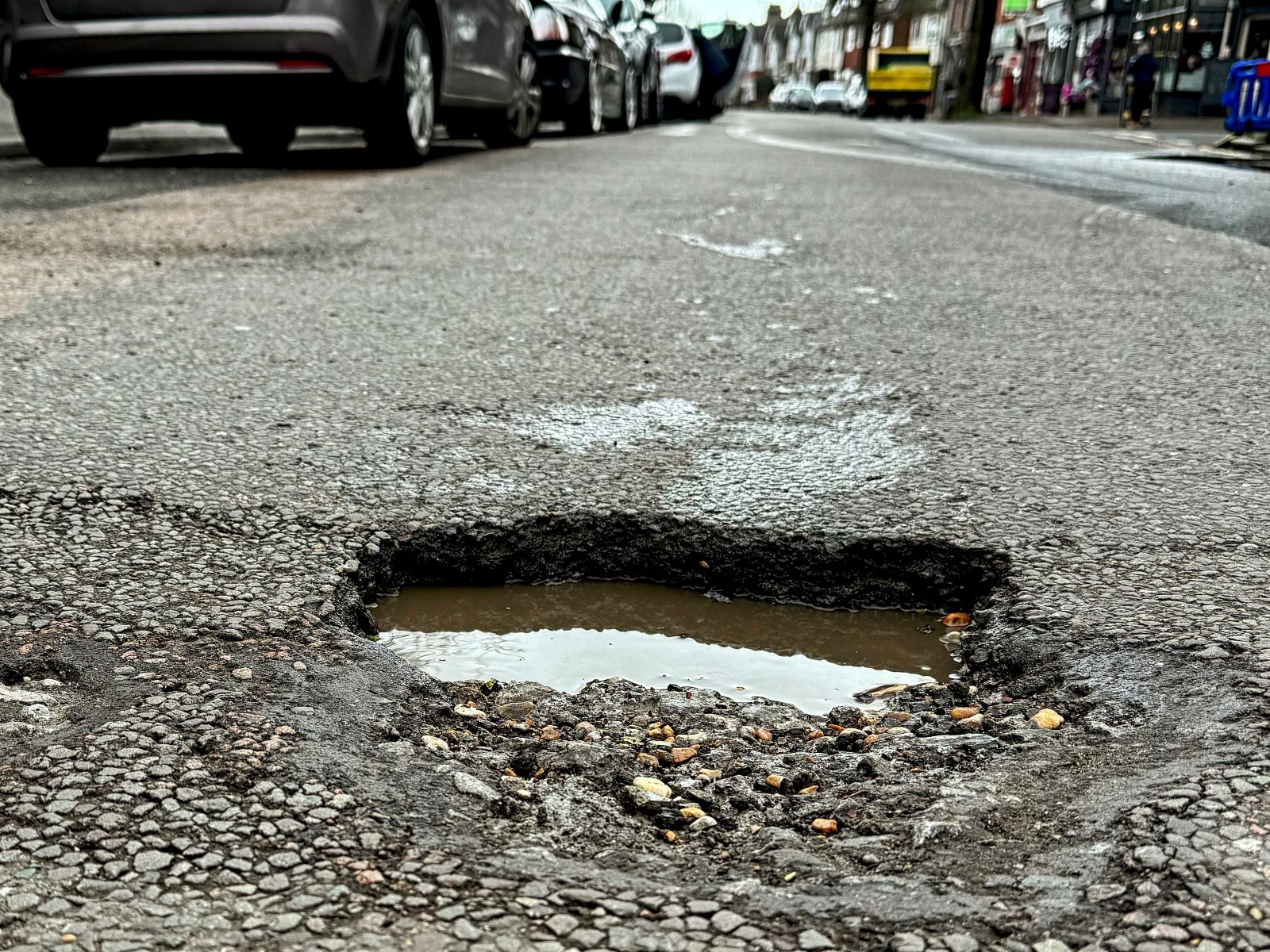
The privatisation of road maintenance has led to poor service and deteriorating road conditions across the UK. Local councils now need an extra £10 billion to fix the damage caused by poorly managed private contracts. Germany, which keeps road maintenance under public control, enjoys some of the best-maintained roads in Europe.
13. Nuclear Power: National Security at Risk
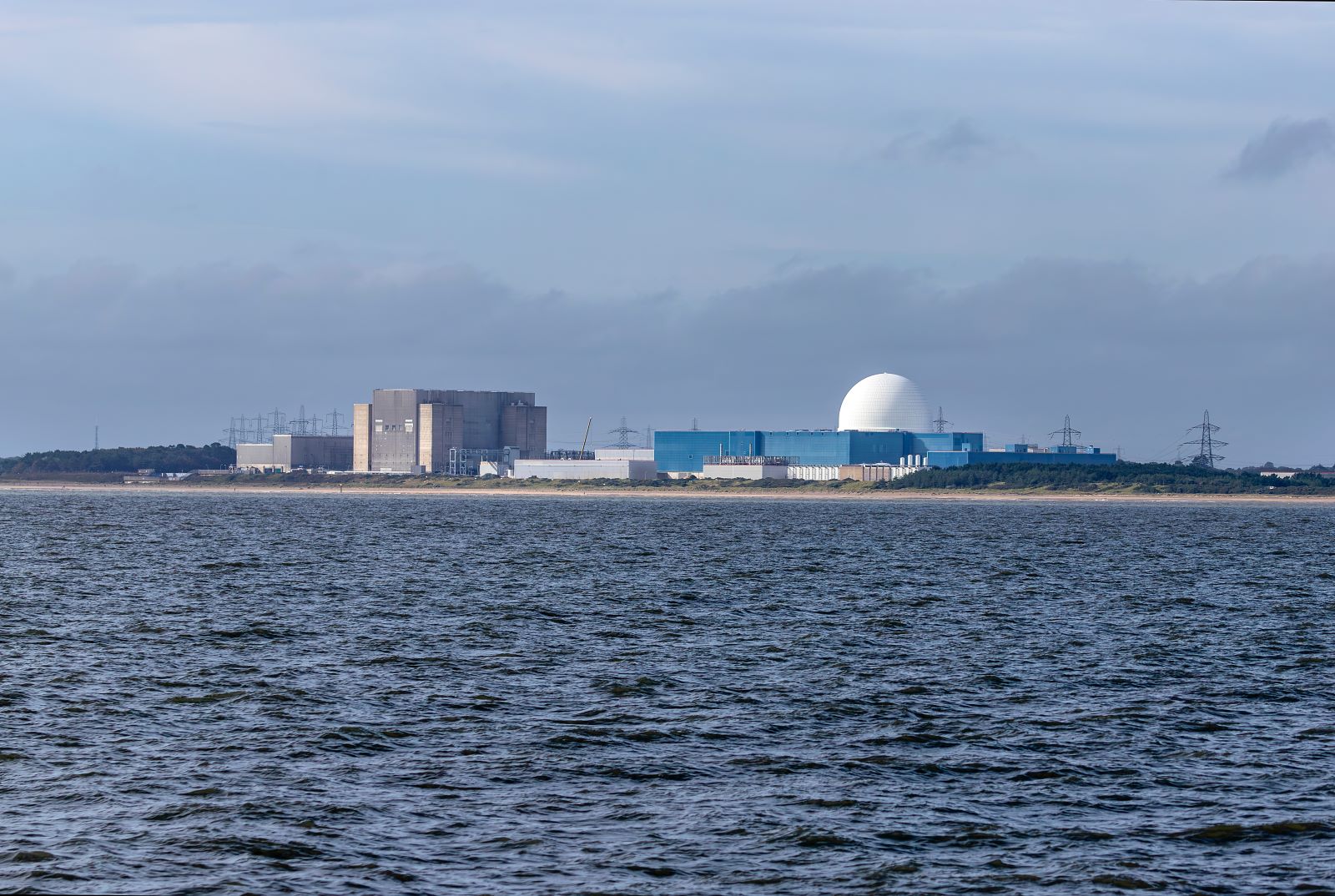
The UK’s decision to allow foreign companies to own and operate nuclear power stations has raised serious concerns about national security. France keeps its nuclear industry under tight state control, ensuring energy independence and security. Britain’s decision to sell off such a critical asset puts long-term energy security at risk.
14. Car Parks: Profits From Public Space
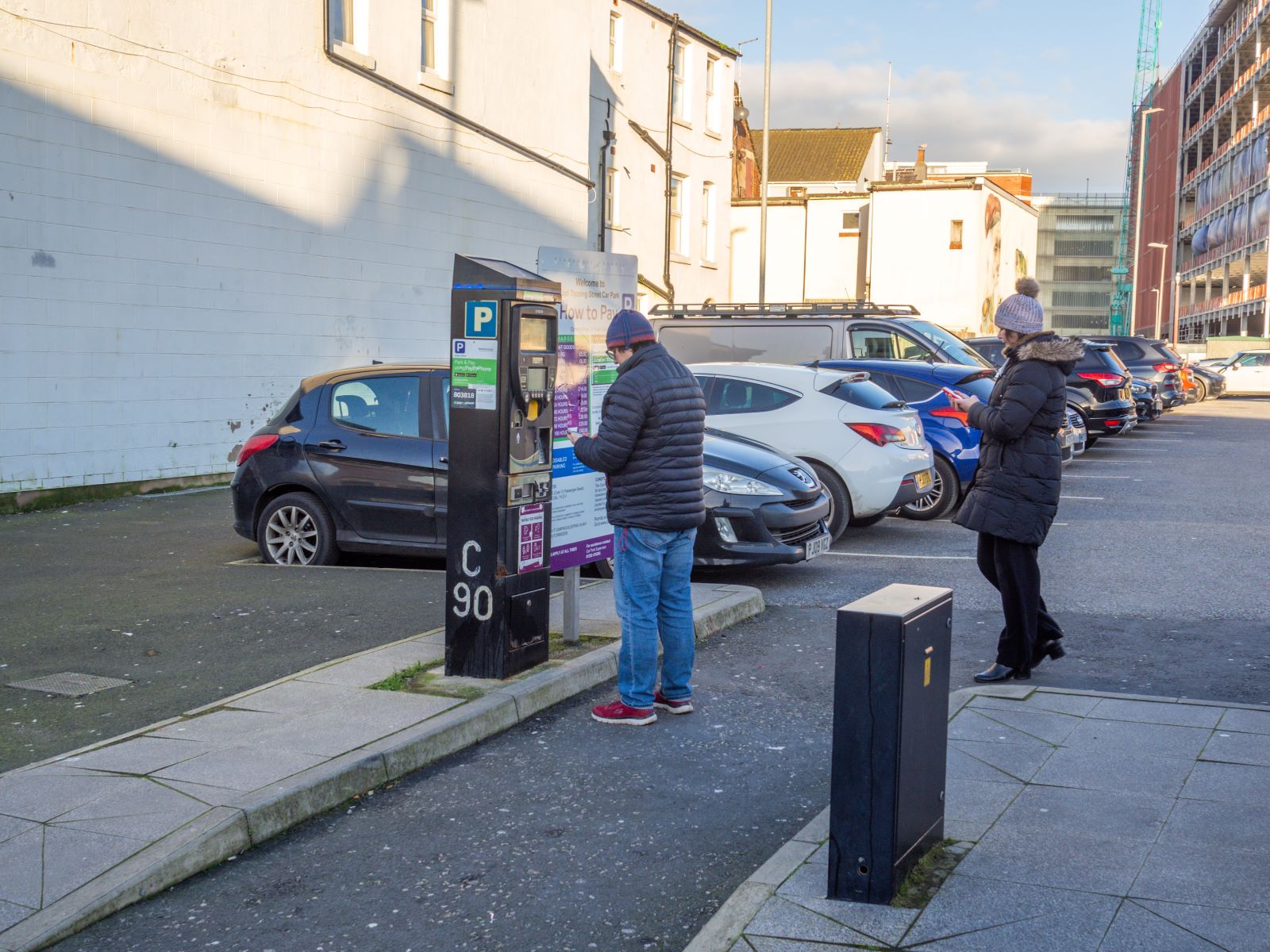
Privatising public car parks has led to higher fees and worse service, as private operators prioritise profits over public needs. In cities like Copenhagen, publicly owned car parks offer affordable and well-maintained facilities, proving that keeping services public benefits everyone.
15. National Grid: Energy Security Sold Off
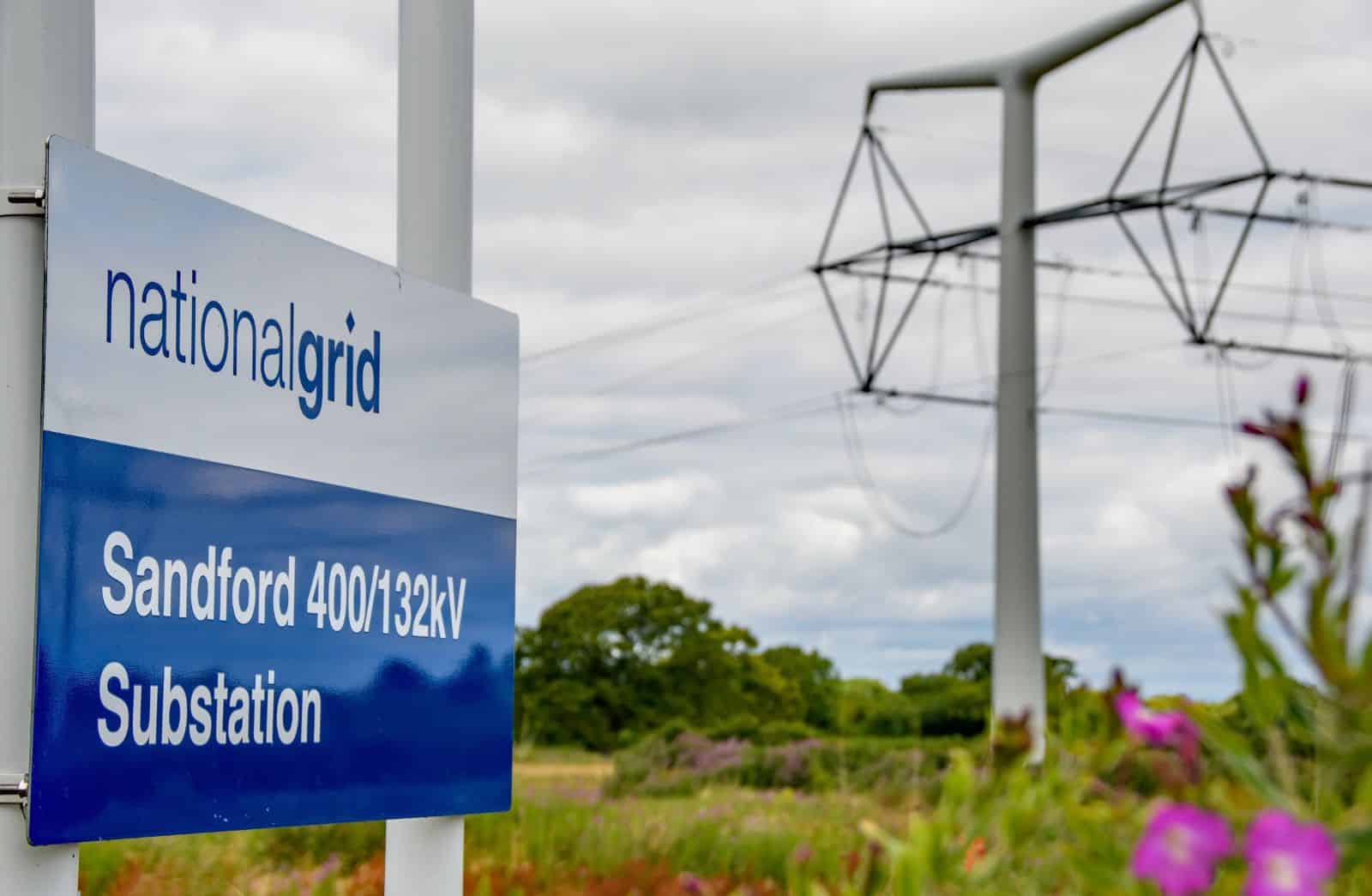
The privatisation of the National Grid has left the UK’s critical energy infrastructure in the hands of private investors. France, which kept its energy grid publicly owned, has managed to maintain better control over supply and pricing during crises. The UK’s sell-off has raised concerns about the security and sustainability of our energy systems.
16. Housing: Public Land for Private Gain

The UK’s decision to sell off public land has only deepened the housing crisis. In contrast, Berlin has protected public land, using it to build affordable housing and keep rents under control. The UK’s focus on short-term profits has left us with long-term problems.
17. Broadcasting: The BBC at Risk
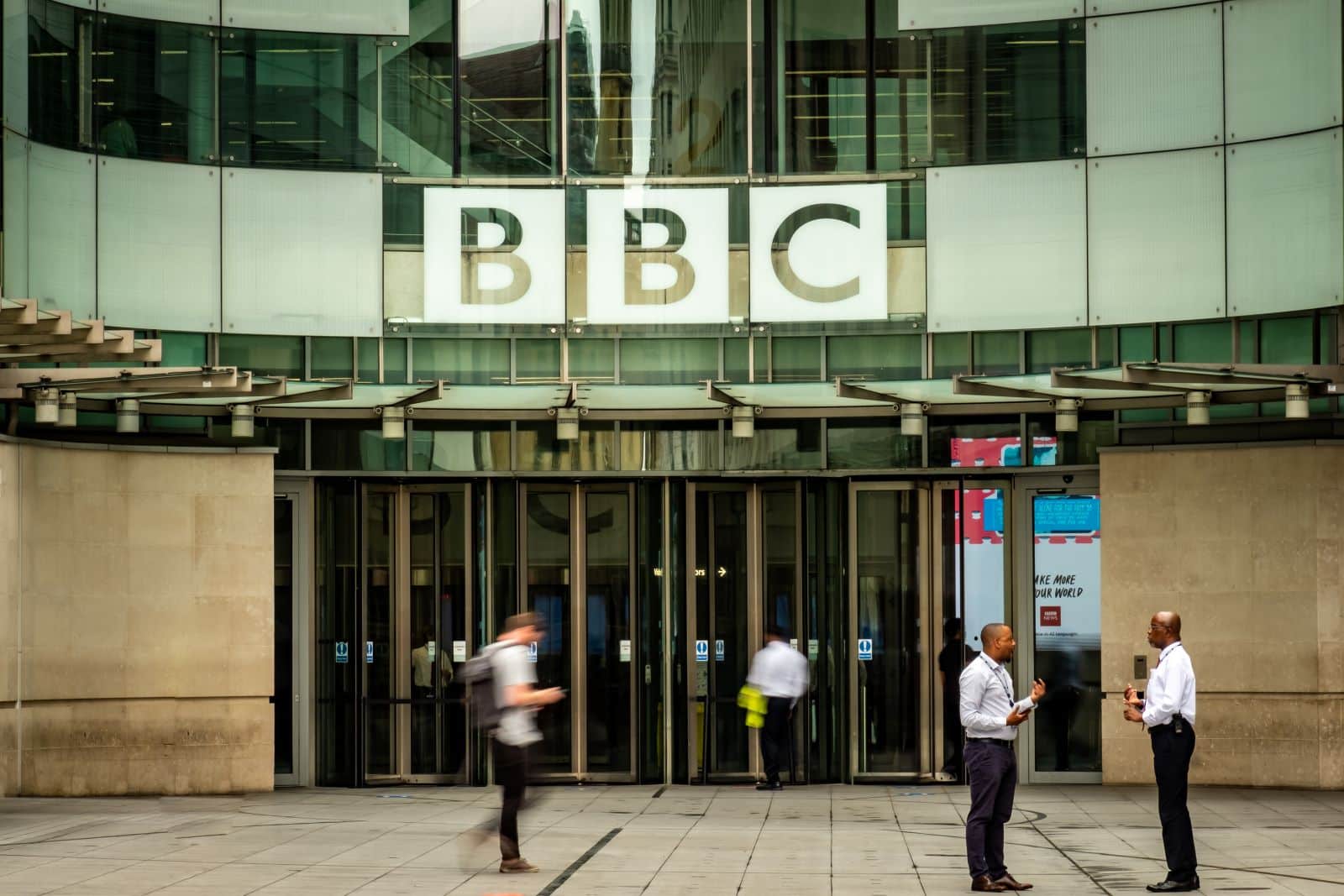
The BBC remains publicly owned, but ongoing calls for its privatisation threaten one of the UK’s most important cultural institutions. Public broadcasters in countries like Germany and Japan continue to thrive under state ownership, delivering high-quality content without the pressure of commercial interests. Selling off the BBC would undermine its independence and weaken its public service mission.
18. NHS Services: Outsourcing Costs Lives
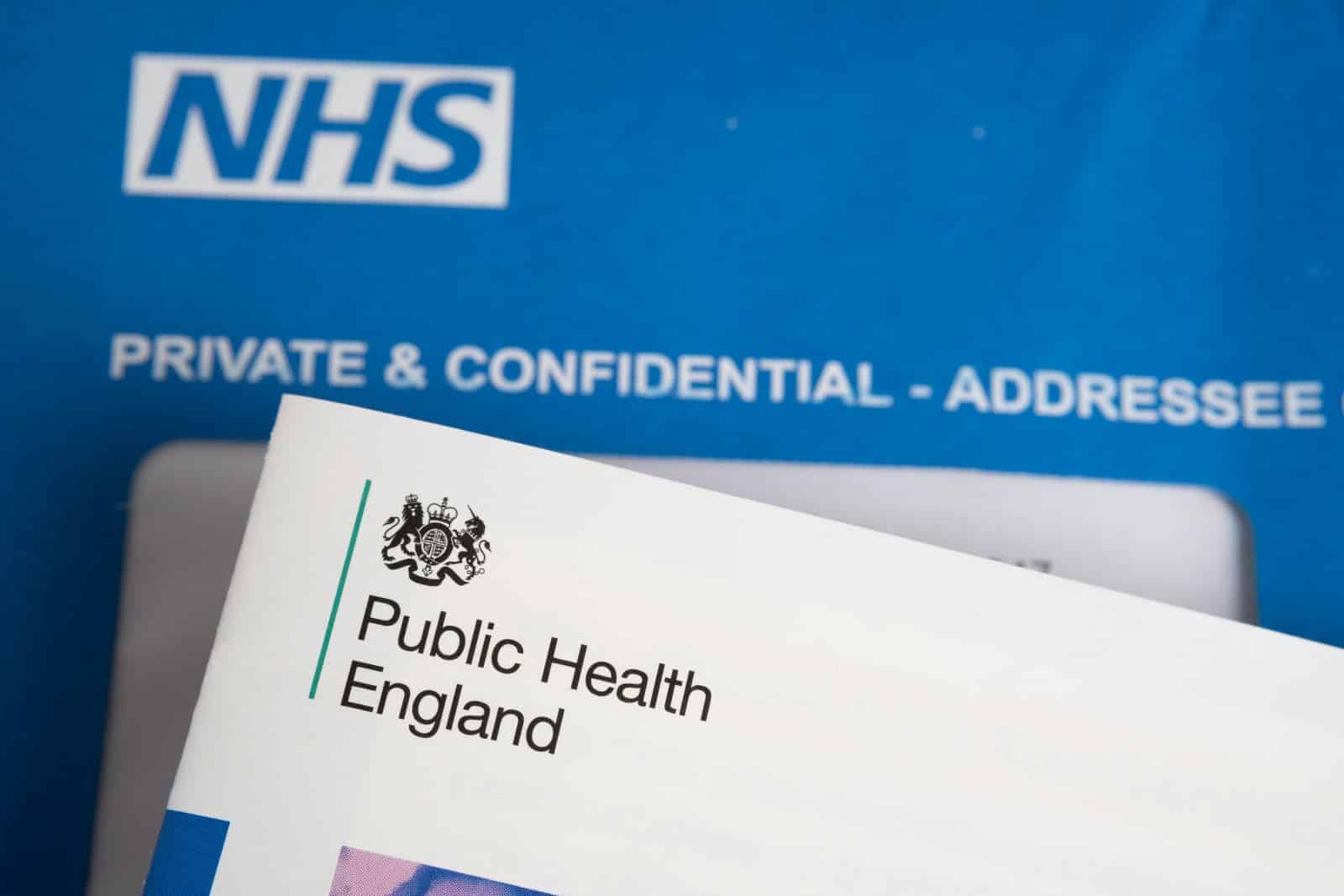
Outsourcing services within the NHS has led to poorer outcomes for patients and higher costs for taxpayers. Privatisation was supposed to make the NHS more efficient, but the reality has been the opposite, with private contractors failing to deliver the care that patients deserve.
Time to Rethink?

From water to railways, privatisation was supposed to improve services, but it has often left the British public paying more for less. Other countries have shown that public ownership can deliver better results—so is it time to rethink our approach to essential services?
Featured Image Credit: Shutterstock / Nigel J. Harris.
The content of this article is for informational purposes only and does not constitute or replace professional advice.
The images used are for illustrative purposes only and may not represent the actual people or places mentioned in the article.
For transparency, this content was partly developed with AI assistance and carefully curated by an experienced editor to be informative and ensure accuracy.

